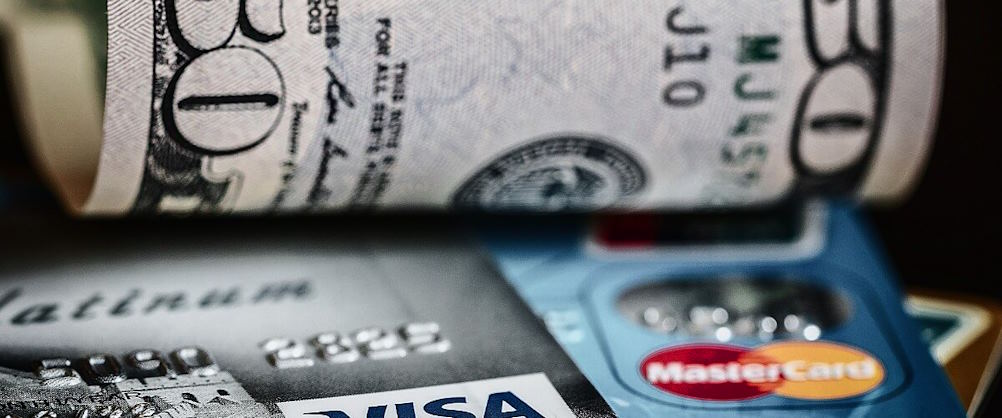Set Your Financial Boundaries
Before embarking on your journey, establish a realistic travel budget to guide your spending throughout the trip. Consider the following factors when creating your budget:
Research Destination Costs
Research the cost of living and average expenses in your destination. It will give you a general idea of how much you’ll need for accommodation, meals, transportation, and activities.
Allocate Funds Wisely
Divide your budget into accommodation, transportation, meals, activities, and souvenirs. Allocate funds to each category based on their importance and your priorities.
Leave Room for Flexibility
While having a budget is essential, allow for some flexibility to accommodate unexpected expenses or spontaneous opportunities that may arise during your trip.
Track Your Expenses: Stay Accountable
Once your travel budget is in place, track your expenses to ensure you’re staying within your financial boundaries:
Keep a Daily Record
Maintain a daily record of your expenses, including small purchases like snacks and public transportation fares. It will help you identify any patterns of overspending.
Use Budgeting Apps
Utilize budgeting apps or expense-tracking tools to manage your finances digitally. These apps can help you stay organized and monitor your spending in real time.
Review and Adjust
Regularly review your expenses against your budget and adjust as needed. If you notice overspending in one category, consider cutting back on another to balance your finances.

Currency Exchange and Credit Cards: Choose Wisely
Handling currency exchange and using credit cards abroad can impact your finances. Here’s how to make wise choices:
Notify Your Bank
Before traveling, inform your bank about your trip to avoid issues with using your credit cards in a foreign country.
Choose Local Currency
When making purchases or withdrawing cash, choose to be charged in the local currency. It can often result in better exchange rates compared to being charged in your home currency.
Research ATM Fees
If you plan to use ATMs abroad, research your bank’s foreign transaction and ATM withdrawal fees. Consider using ATMs affiliated with your bank to minimize additional charges.
Carry a Backup Card
Have a backup credit or travel card in case your primary card is lost, stolen, or declined transactions.
Avoid Overspending: Be Mindful of Your Choices
Avoiding overspending during your travels is essential to maintain financial stability. Consider these tips:
Limit Dining Out
While trying local cuisine is a significant part of traveling, dining out for every meal can add up quickly. Consider shopping at local markets or preparing simple meals occasionally to save money.
Opt for Free and Low-Cost Activities
Take advantage of free or low-cost activities like walking tours, visiting public parks, and exploring cultural attractions.
Be Mindful of Souvenirs
Be selective with souvenirs and avoid impulse purchases. Opt for meaningful items that hold sentimental value rather than buying everything.




